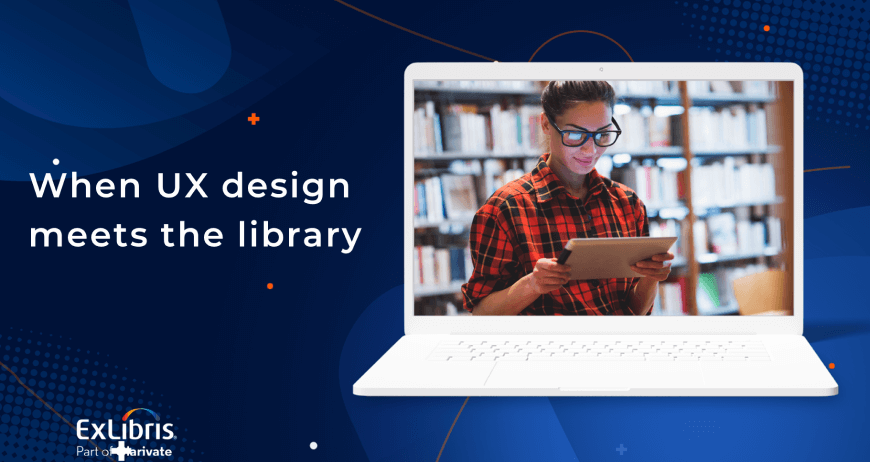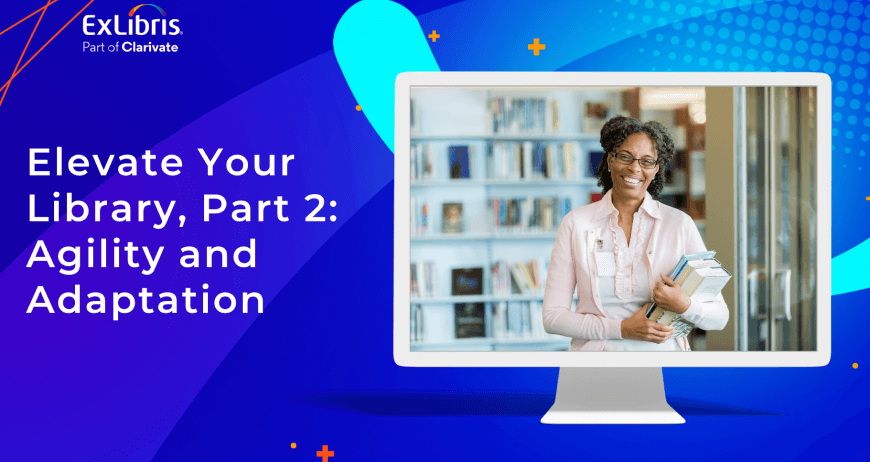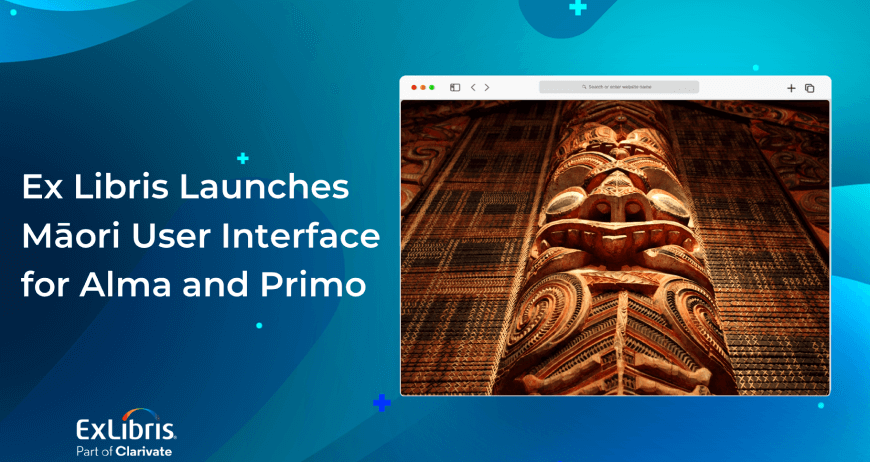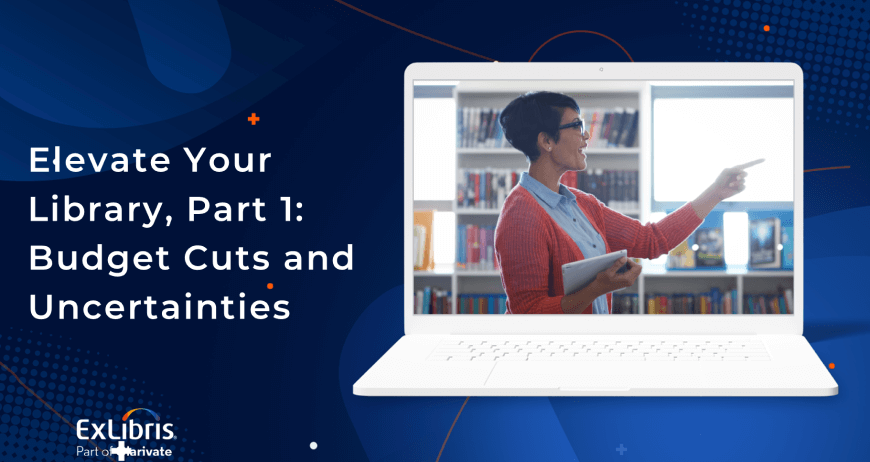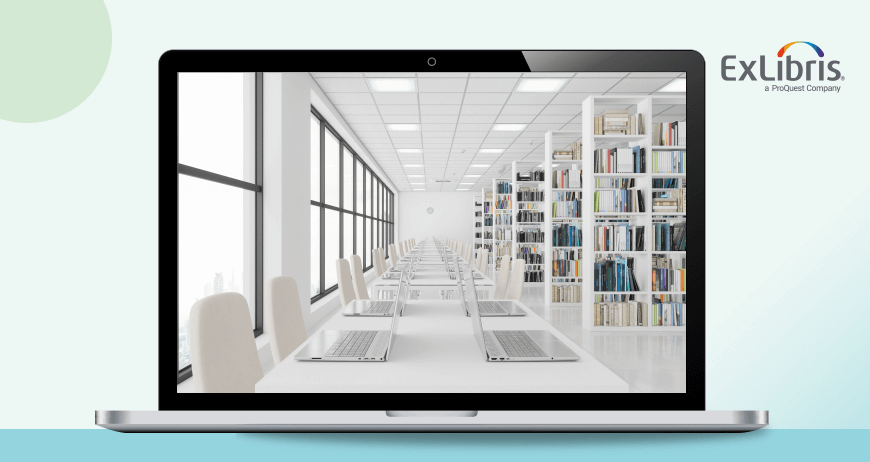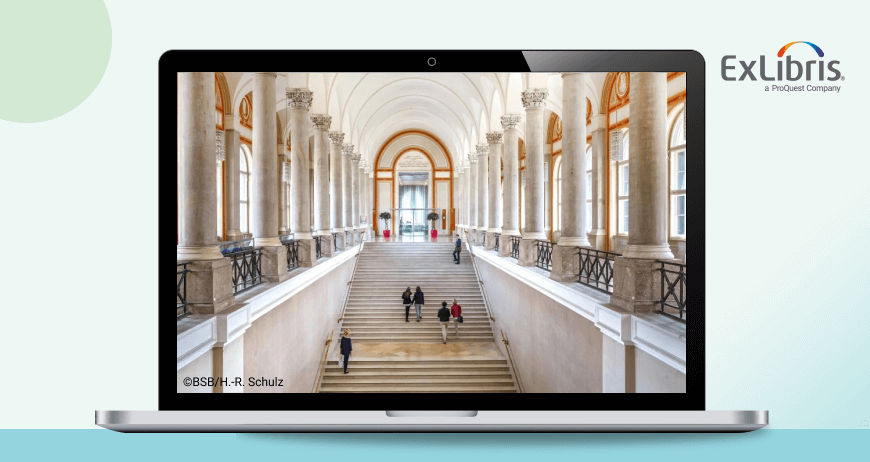Christine Stohn, Senior Product Manager Discovery & Delivery, Ex Libris
 NISO KBART (Knowledge Base and Related Tools) was originally initiated in 2008, and grew to become something much greater than what it was initially intended for. Today KBART is not only a format that is widely used in the industry, but also a baseline for new processes and developments. But before I talk about the newest and very exciting initiative of automatic holdings transfer, I would like to look back at the history of KBART and its original purpose.<!–more–>
NISO KBART (Knowledge Base and Related Tools) was originally initiated in 2008, and grew to become something much greater than what it was initially intended for. Today KBART is not only a format that is widely used in the industry, but also a baseline for new processes and developments. But before I talk about the newest and very exciting initiative of automatic holdings transfer, I would like to look back at the history of KBART and its original purpose.<!–more–>
KBART was originally initiated to improve the transfer of data between content and knowledge base providers. Knowledge bases are the central resource for OpenURL link resolvers such as SFX or 360Link to provide users with links to the full text of a reference. In the early years of the millennium, the OpenURL framework revolutionized the world of linking between a reference and the full text users are entitled to access based on their institutional affiliation. While before this point links had to be managed separately in every database, now the database would simply transfer the metadata in a standardized way (through NISO OpenURL standard Z39.88) to the link resolver. The library can now manage its entitlements in only one place, the link resolvers’ knowledge base.
The OpenURL linking framework relies on two factors: the quality of the metadata in the OpenURL and the accuracy of the data in the knowledge base used by libraries to activate and localize their subscriptions. A report (“Link Resolvers and the Serials Supply Chain”) commissioned by UKSG in 2006 found serious gaps in understanding the importance of OpenURL linking, and outlined the pitfalls of users finding and linking to full texts they are entitled to if the data in the knowledge base is not correct.
Following the report, UKSG and NISO tasked a working group consisting of representatives of all stakeholders to devise a format that could be used as a guideline for improving the data transfer from content providers to publishers. In 2010 the working group published their recommendations in the KBART phase I report. It was followed by KBART phase II, meant to provide additional recommendations specifically for consortia packages, ebooks, and open access material. The Phase II recommendations were published in 2014. Since then, the working group has become a standing committee, tasked with market education and endorsements.
Creating a Standard for Automated Holdings Transfer
Over time we have increasingly heard from libraries and content providers that KBART was not only the format used for transferring data about generally available content to knowledge bases, but was also used by content providers to provide client-specific holdings data to libraries. So at Ex Libris we have added export and import options for KBART formatted files to SFX in order to allow libraries to localize their knowledge base with these files and to exchange holdings data with other systems and parties.
In 2014, we were contacted by Elsevier about the possibility of automating the KBART holdings transfer between their content platform and the knowledge base. This was a very exciting development for us and we released the Elsevier automation as our first AutoUpdate service to our SFX and Alma customers in 2015. The release received a lot of positive feedback. In 2016, in collaboration with Ovid, we extended the service to cover their content as well.
I am very happy that NISO has now taken up the task of creating recommendations for this process. The new working group will be in place shortly and hopefully this will lead to wide support of these processes. They benefit all stakeholders, simplifying holdings management for libraries, improving user experience, and contributing to the increased use of electronic resources.
Providing Automated Updates in Alma and SFX – Join Us!
- If you are a content provider and you are interested in participating in the SFX and Alma AutoUpdate services, please contact me at: christine.stohn@exlibrisgroup.com
- We have also put together a short document to provide an overview of the service, which you can download here.
- More on the important role of NISO’s work can be found in my previous blog post, The Discovery and Access Landscape: NISO – Where the Community Comes Together.


